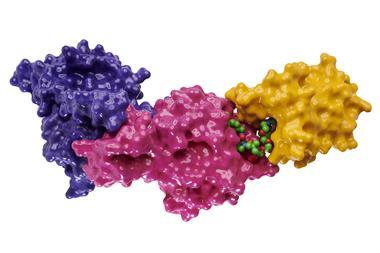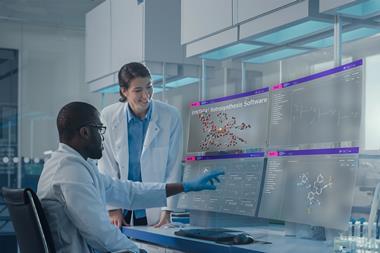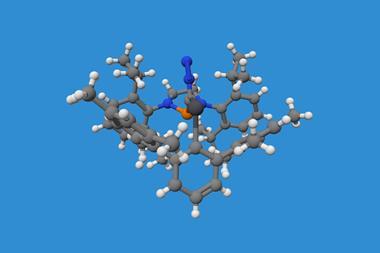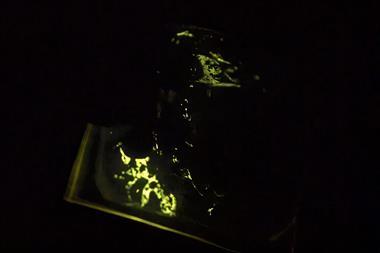Synthia quickly identifies viable routes to industrial chemical targets from commercially available or known starting materials in order to make the time you spend in the lab more efficient.
The first part of this webinar describes the technology we have used to develop Synthia and the subsequent laboratory validation. This is followed by a live demonstration of the application by technical application scientist Emma Gardener.
Learn the capabilities of current retrosynthesis software and discover how Synthia can be customised according to your synthetic preferences, enabling you to find the optimum routes for your project. You’ll also understand new ways to simplify your discovery of novel pathways or optimise existing routes, allowing you to work more efficiently.
By the end of this webinar you will have learned:
- A new way to use retrosynthesis to accelerate your research
- How to save time and money by avoiding patent infringement
- Alternative pathways to avoid hazardous or Reach restricted chemistry, to protect your co-workers and the environment
- How to generate new ideas and protect intellectual property by discovering previously unknown pathways
- What needs to be done to design pathways that lead back to commercial starting materials
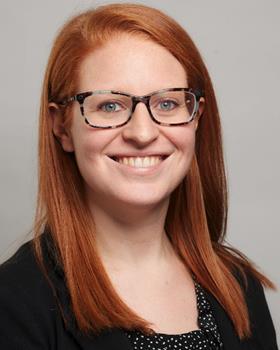
Speaker: Emma Gardener, PhD technical application scientist, Cheminformatics Technologies, MilliporeSigma
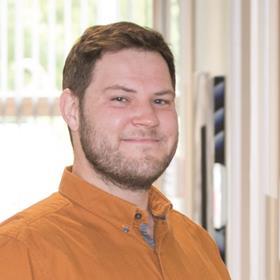
Moderator: Benjamin Valsler, digital editor, Chemistry World magazine

Our purpose is to solve the toughest problems in life science by collaborating with the global scientific community – and through that, we aim to accelerate access to better health for people everywhere. We provide scientists and engineers with best-in-class lab materials, technologies and services. We are dedicated to making research and biotech production simpler, faster and safer.
The life science business of Merck KGaA, Darmstadt, Germany, operates as MilliporeSigma in the US and Canada.
MilliporeSigma, the vibrant M, and Synthia, are trademarks of Merck KGaA, Darmstadt, Germany or its affiliates. All other trademarks are the property of their respective owners. Detailed information on trademarks is available via publicly accessible resources.


